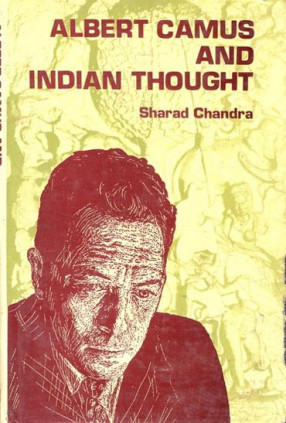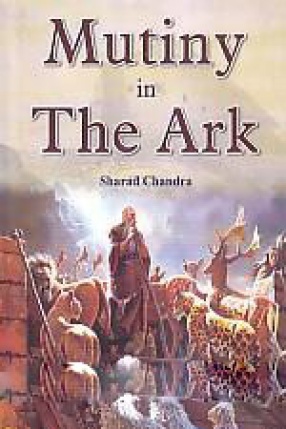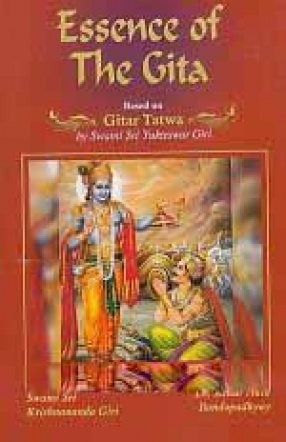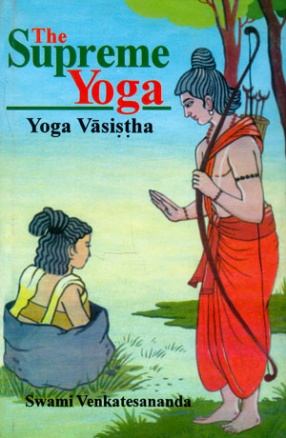Alebert Camus and Indian Thought
The essential intellectual consciousness of the human mind perpetually pushes him to explore the mystery of existence, the truth of things. One is required to think and reflect on the nature of the cosmos, the destiny of the human individual, the distinction between the real and the unreal. Each age has produced thinkers with a variety of ideas and methods. As a result, different systems of philosophy corresponding to different parts of the world have come to stay, such as Greek, Indian, European, Chinese. However, no single philosophy has anything exclusive to any one tradition. The differences are only in the manner of emphasis. Philosophy as such knows no frontiers. Whether born in the East or the West all human beings share a common human condition. All thinking therefore has a common base. Author examines the validity of this premise through a detailed study of the work of the French Nobel Laureate, Albert Camus in relation with the ancient Upanisad thoughts. In the writings of Albert Camus the whole civilized world found a nobility of spirit. The characteristic quality specially quoted in his Nobel Prize citation was, "his illumination of the problems of the human conscience in our time". This was also the basic conked of the ancient Indian sages. The Upanishads contain the earliest records of Indian speculation. They are remote from us only in the concept of time, and not in contents. They disclose the working of the primal impulses of the human soul which transcends the difference in race and in the geographical position. Their aim is not so much to reach philosophical truth as to bring peace and freedom to the striving human spirit. Camus was baffled by the seeming meaninglessness of human life, its inexplicability, the feeling of unreality and strangeness. He conceived ours to be a world without God, a world adrift and without any guiding purpose at all. His contention was that man faces a world which is simply there, and into which a man is hurled by a blind and senseless fate. And the final outrage is, "the cruel mathematics that command our condition", referring to the certainty, (I) that the life of every man must finally be snuffed out in death; and (ii) that all his striving and hoping and loving will be swallowed up into the silence of earth. Such is the bitter destiny appointed for man. Why? What is the meaning of this condemnation. This theme of essential futility, absurdity, utter incomprehensibility of life and death is stressed in almost all his writings. Like Lord Buddha he was shocked by the sight of human misery and mortality. Yet, paradoxically was attracted to the essential desirability of it. Although completely ruffled by the consciousness of an ambiguous and silent God he was not unaware of "that strange joy that comes from a tranquil conscience", a perfect inner harmony one experiences on attaining true knowledge. Upani5ads are a search for this very reality underlying the flux of things.
Get it now and save 10%
BECOME A MEMBER










Bibliographic information